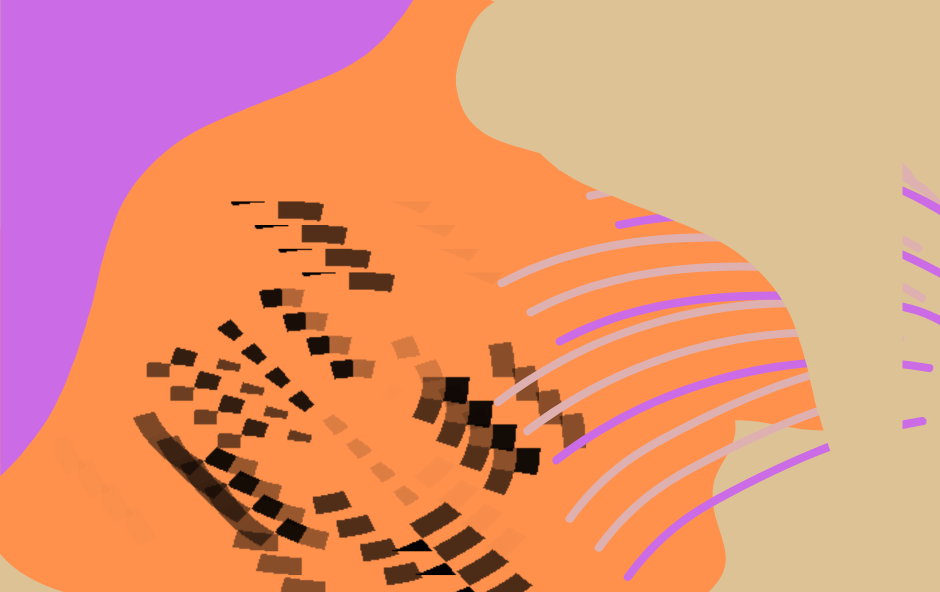By Fadairo Tesleem

Dear poet, when will you stop performing an autopsy with poems on all the broken things you know, especially including yourself?
—Abdulkareem Abdulkareem
It hurts. It hurts that as small as I am, I, too, know so well that the world is ending—it is. In my secondary school days, in every one of my classes, there was always a classmate who would die. I grew up understanding this. It sucked—the memories suck.
In my final year as a secondary school student, I asked a girl what she would bring to school for me the following day. She said bread; her dad owned a bakery. This girl died the same evening. She had been the first to pay for her WAEC exams; there was a refund. I marvel at how swiftly death operates, how a person alive now would be said to have died in the minutes that follow.
I write these with my heart in my throat. I knew Bukola too. She was my friend in school. I was the class captain. She was friendly. I see Bukky in every alphabet that makes this paragraph. I revisit our memories. Bukky once lent me a book authored by a member of her church; it was a very interesting novel. I read and kept it. Bukky died; rumour had it that her boyfriend was a ritualist, that he used Bukky for one of his rituals.
But what is important is that she died. She died and her book was in my custody. I couldn’t take it to her mother. I gave it to a friend who promised to help me give it to Bukky’s sister.
It saddens me to realize that everyone I know will die. I, too, will die.
I know Baliqeez, my brother’s girlfriend. I was with her that evening, and she told me about her plans for marriage. She mentioned things she had gotten and the things her parents promised to get for her. I saw her happiness. She really couldn’t wait to be a bride. Baliqeez died the following night; she had a chronic ulcer. The news got to me and I concluded it was just a random rumour; I continued with my phone. But it was true. My phone was always on auto-recording. Even now, I have our recorded conversations on my phone. I listen to them. I grieve each time I do but I can’t stop. I really can’t.
Nafeesah is my friend and sister. She tells me everything. She messaged me and asked me to pray for her mum. I prayed. She prayed. Everybody prayed. She called me days after; her mum had died. She had breast cancer. I was numb. I was blank. I was too small to console a girl that just lost her mother. I didn’t know how or where to start. I hung up. I couldn’t understand how a girl almost the same age as me would live without a mother. I felt her pain. I couldn’t help. Even today, Nafeesah wears the grief that came with her mother’s death. It is with her everywhere she goes.
Our loved ones are withering in our presence. There’s nothing we can do about it; we lose our men every day. Graves hoard a lot of dreams. My uncle’s wife, Ummu Firdaoz, died a few days after delivery. After she delivered a baby girl. Her death got to me. I thought about her children. A day-old child already had grief to bear. She won’t grow old to know her mother. She’d be shown pictures, but she still won’t understand. Each time I see her children play, I mourn with them in advance. They know nothing of their loss. They are small and too young.
Look, I have this fear of sickness and death. With me, every sick person is dying. I have heard of people who died after two days of a fever. The first thing I remember when I hear of sickness is death. I might never learn how to be rid of this. It’s the culture: I shall continue losing loved ones to death. I know it’s not a curse, that it is fact. I don’t want to lose anyone to death. But I know that is not possible. It’s my culture; it’s yours too. It’s ours. E
